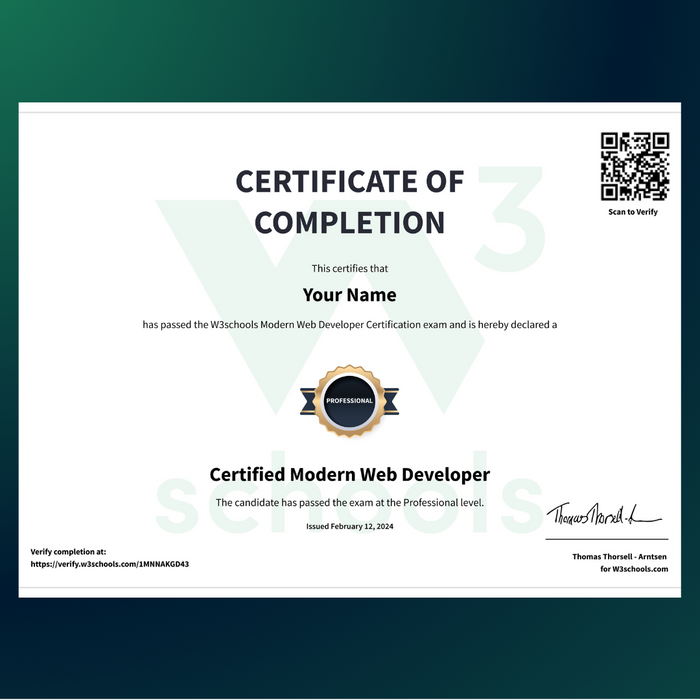Hydra Tech Insights
Stay updated with the latest in technology and gaming.
Coding Conundrums: Why Debugging is Like a Treasure Hunt
Unravel the mysteries of debugging! Discover why coding feels like a thrilling treasure hunt in our latest blog post. Dive in now!
Unraveling the Mystery: How Debugging Reveals Hidden Gems in Your Code
Debugging is an essential skill in programming, acting as a detective's magnifying glass that brings unnoticed issues into sharp focus. When faced with elusive bugs, developers often dive deep into their code, searching for the root causes of unexpected behavior. This process not only helps in resolving immediate problems but also uncovers hidden gems—optimizations and enhancements—that may have gone unnoticed. By meticulously analyzing code, programmers can identify inefficiencies and deprecated practices, ultimately leading to a cleaner and more robust codebase.
Moreover, the act of debugging fosters a deeper understanding of the code. As developers trace through the execution flow, they often stumble upon valuable insights that can be applied to future projects. This iterative process encourages a mindset of continuous improvement, where each bug resolved can lead to significant code enhancements. By embracing the challenges of debugging, programmers not only strengthen their problem-solving skills but also cultivate a richer appreciation for the artistry involved in coding.

The Debugger's Toolkit: Essential Tools for Your Treasure Hunt
Embarking on the quest for debugging can often feel like a treasure hunt, where the right tools are your map and compass. A solid debugger's toolkit equips you with essential resources to navigate through the maze of code. Some of the most vital tools you should consider integrating into your workflow include:
- Integrated Development Environments (IDEs) like Visual Studio Code or IntelliJ IDEA, which provide built-in debugging support.
- Browser Developer Tools, especially for web development, allowing you to inspect elements, debug JavaScript, and monitor network requests.
- Logging frameworks such as Log4j or Winston, helping you track and record runtime information for easier troubleshooting.
Using these tools effectively can transform a daunting debugging task into a structured treasure hunt. For example, combining your IDE with breakpoints not only helps identify issues in real-time but also deepens your understanding of your application's flow. Don't forget to leverage version control systems like Git to manage changes and backtrack when necessary. Embrace the detective work involved in debugging—each solved issue is a treasure unearthed in your coding journey, taking you one step closer to creating flawless applications.
What Can Debugging Teach Us About Problem-Solving?
Debugging is not just a critical skill for programmers; it offers valuable insights into the broader realm of problem-solving. When developers encounter a bug in their code, they don't simply try random solutions; instead, they systematically analyze the problem, breaking it down into manageable parts. This process mirrors the steps of effective problem-solving, which often includes identifying the issue, gathering relevant information, formulating a hypothesis, and testing solutions. By applying these steps, anyone can enhance their approach to various challenges, whether in life or work.
Moreover, debugging fosters a mindset of perseverance and patience. Instead of giving up at the first sign of trouble, effective debuggers seek to understand the root cause of their difficulties. This tenacity is essential in problem-solving as well, as many issues require time and effort to resolve fully. By embracing this iterative learning process, individuals can develop a stronger toolkit for tackling complex situations and improve their skills in identifying patterns, generating solutions, and ultimately achieving successful outcomes.